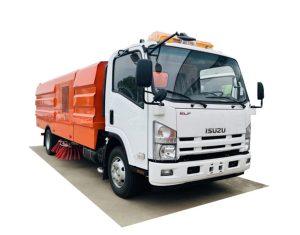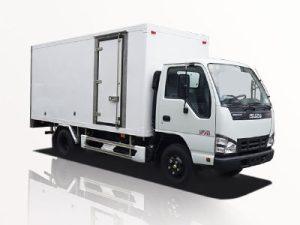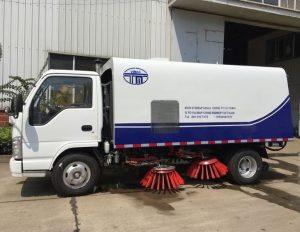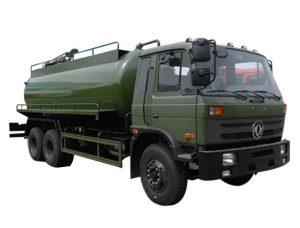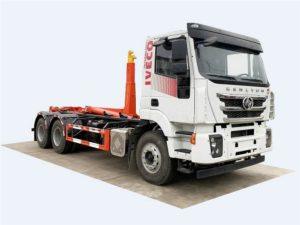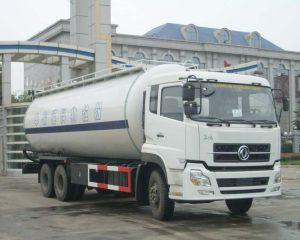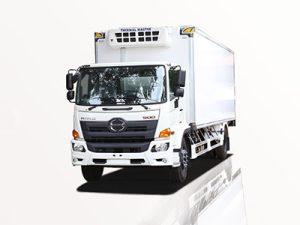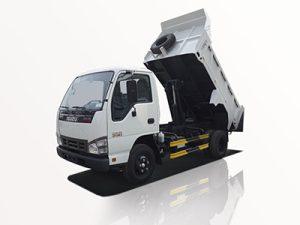Monday to Saturday - 8:00 -17:30
Exploring Japanese Truck Brands: A Comprehensive Guide
The influence of Japanese truck brands in the global market is undeniable. Known for their reliability, efficiency, and innovative engineering, these manufacturers have set high standards across the trucking industry. With an array of options available, understanding the leading Japanese truck brands can help consumers make informed decisions in the automotive marketplace. This article delves deep into the notable Japanese truck brands, their unique offerings, history, and practical tips for buyers.
The Evolution of Japanese Truck Manufacturing
Japanese truck manufacturing has a storied history that dates back to the early 20th century. The industrialization of Japan post-World War II marked the beginning of a boom in automotive and truck production. Companies started producing vehicles that not only catered to domestic needs but also aimed at international markets.
Key Milestones in Japanese Truck History
| Year | Milestone |
|---|---|
| 1948 | Founded Isuzu Motors, launching one of Japan’s first commercial vehicles. |
| 1954 | Mitsubishi Fuso Motors established, focusing on commercial trucks. |
| 1960s | Expansion of production facilities and introduction of advanced technologies. |
| 1990s | Global expansion of brands like Hino, Isuzu, and Nissan. |
| 2000s | Increased focus on environmental sustainability through eco-friendly technologies. |
Top Japanese Truck Brands
1. Isuzu
Isuzu Motors Ltd. has been a leader in truck manufacturing for decades. Founded in 1916, the company produces light, medium, and heavy-duty trucks, characterized by their robust performance and fuel efficiency.
Popular Models
- Isuzu NPR: A versatile light-duty truck ideal for urban deliveries.
- Isuzu FVR: A medium-duty truck built for greater cargo capacity.
- Isuzu Giga: A powerful heavy-duty truck designed for long-haul transport.
2. Hino
As a subsidiary of Toyota, Hino Motors focuses on producing medium and heavy-duty trucks. Their commitment to quality is reflected in their vehicles’ reliability and durability.
Popular Models
- Hino 338: Designed for delivery and municipal usage.
- Hino 268: Known for its fuel efficiency and advanced safety features.
- Hino 500 Series: Ideal for a variety of construction and long-distance applications.
3. Mitsubishi Fuso
Mitsubishi Fuso Truck and Bus Corporation, owned by Daimler AG, specializes in commercial vehicles, including light, medium, and heavy-duty trucks. Their vehicles are celebrated for innovative technology and sustainability.
Popular Models
- Mitsubishi Fuso Canter: A compact truck perfect for urban deliveries.
- Mitsubishi Fuso Fighter: A heavy-duty truck suitable for various industries.
4. Nissan
Nissan’s commercial vehicle division offers trucks that balance performance, comfort, and technology. Their trucks are versatile enough for different business requirements.
Popular Models
- Nissan Titan XD: Combines light-duty and heavy-duty capabilities.
- Nissan NV Series: A series of vans with strong truck components for cargo transport.
5. Suzuki
Although Suzuki is primarily known for its passenger cars, it also manufactures lightweight trucks and commercial vehicles, primarily focused on the Asian market.
Popular Models
- Suzuki Carry: A compact, lightweight truck widely used for small deliveries.
- Suzuki Every: A versatile microvan with truck capabilities.
Buying Tips for Japanese Trucks
1. Determine Your Needs
Before purchasing a truck, assess factors such as cargo capacity, intended use (urban, long haul, etc.), and fuel efficiency. Understanding your requirements will make it easier to choose the right model.
2. Research Financing and Warranty Options
Japanese truck brands often offer competitive financing options and robust warranty packages. Evaluate different plans that suit your budget and offer comprehensive coverage.
3. Consider Total Cost of Ownership
Look beyond the purchase price. Consider fuel efficiency, maintenance costs, and resale value, which can significantly impact overall expenses.
4. Test Drive and Inspect
Always take the truck for a test drive. Ensure that it meets comfort, functionality, and performance expectations. Inspect the vehicle thoroughly for any signs of wear.
5. Read Reviews and Gather Feedback
Consult online forums and customer reviews to gather insights about various models. Real-life experiences can provide perspective on the long-term reliability and performance of a truck.
Environmental Impact and Sustainability Initiatives
Japanese truck manufacturers are increasingly focusing on environmentally friendly solutions. Many brands are investing in electric and hybrid trucks, reducing emissions and promoting sustainability.
Innovations in Eco-Friendly Trucking
- Hybrid Technology: Brands like Hino and Isuzu are developing hybrid models that cut down fuel consumption.
- Electric Trucks: Mitsubishi Fuso’s eCanter is an example of advancing electric truck technology.
- Alternative Fuels: Research into hydrogen fuel cells and biofuels is underway among various manufacturers.
Global Influence of Japanese Trucks
The impact of Japanese truck brands reaches far beyond Japan. Their vehicles are used worldwide, with popular models adapted for different markets, reflecting local needs and regulations.
Japanese Truck Brands in North America
In North America, Isuzu and Hino are prominent players, focusing on medium to heavy-duty trucks ideal for extensive transport networks. The reliability of these brands has gained them loyal customers in this competitive market.
Japanese Trucks in Asia
In Asia, brands like Suzuki dominate the lightweight truck market, offering compact vehicles ideal for urban environments. Their popularity stems from their versatility and cost-effectiveness.
Challenges Facing Japanese Truck Brands
Despite their success, Japanese truck manufacturers face challenges, including increased competition from both domestic and international brands, regulatory changes, and the shift towards electric vehicles.
Adapting to Global Market Trends
To thrive, these manufacturers will need to adapt to changing consumer preferences, including the demand for environmentally friendly and technologically advanced vehicles, while maintaining their reputation for quality and reliability.
FAQs About Japanese Truck Brands
1. What are the most reliable Japanese truck brands?
Isuzu, Hino, and Mitsubishi Fuso are often regarded as the most reliable brands based on performance, longevity, and customer satisfaction.
2. Are Japanese trucks more fuel-efficient than their competitors?
Many Japanese trucks are designed with fuel efficiency in mind, incorporating advanced engineering and technology to minimize fuel consumption compared to some competitors.
3. How do I choose the right truck for my business?
Assess your specific needs, including load capacity and usage scenarios, and test different models to find the best match.
4. What are some common issues with Japanese trucks?
While generally reliable, some common issues may include part availability and specific maintenance needs depending on the model and age of the truck.
5. How does Japanese trucking technology compare to other countries?
Japanese truck brands are often at the forefront of technology, offering advanced safety features, fuel-efficient engines, and innovative driver aids compared to many other countries.
6. Are electric options available from Japanese truck brands?
Yes, several Japanese manufacturers are investing in electric vehicles, including Mitsubishi Fuso’s eCanter, aimed at reducing emissions and enhancing sustainability.


